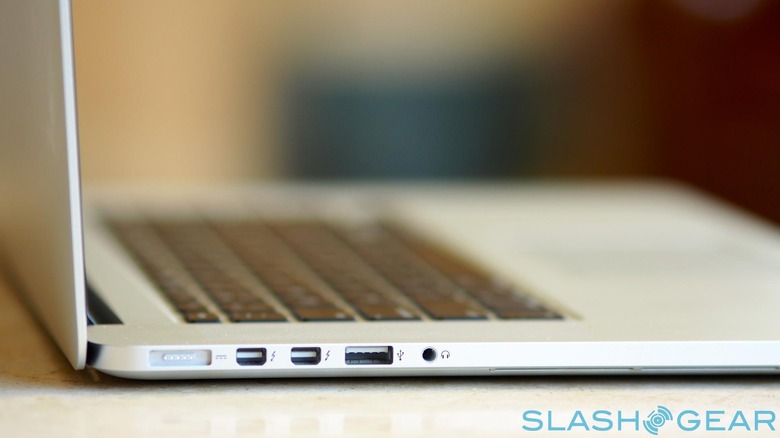Apple just discontinued the beloved 2015 MacBook Pro
Apple has discontinued the much-loved 2015 MacBook Pro, the last of the old-generation design notebooks. The laptop had built a fierce following despite being several years old, with a vocal section of macOS fans clinging to its full-sized USB-A, HDMI, and other ports.
Officially, the 2015 MacBook Pro was superseded in late 2016 by the MacBook Pro with Touch Bar. Although Apple described the new notebook as being better suited to prosumer users, many of that cohort didn't fully agree. For a start, Apple's insistence on switching wholesale to Thunderbolt 3 and USB-C wasn't well-received across the board.
Indeed, for those who had got used to being able to plug in their existing peripherals to the MacBook Pro's ports, and use the SD card slot, having to embrace the "dongle life" sometimes seemed too much of a change. It wasn't just the ports, however. With the 2016 MacBook Pro, Apple also changed its keyboard design.

That saw a switch from the regular chiclet keys to the new "butterfly" mechanism which has proved to be equally as controversial as the Touch Bar and USB-C. Apple's pitch with the homegrown keyboard design was that the mechanism saved on key tray depth while still giving the feel of a regular 'board. It also promised greater key-cap stability and a more pleasing typing feel.
While some embraced it, others weren't convinced. What started out as personal preference, however, evolved in some cases to all-out frustration, as some MacBook Pro keyboards began to exhibit sticking or intermittently functional keys.
Apple acknowledged there was a small number of problems last month, and agreed to make free repairs to anybody experiencing them. The new MacBook Pro refresh today, meanwhile, introduces an updated version of Apple's third generation butterfly mechanism, though the company only says that it's intended to be quieter to type on, and makes no reference to other changes. Indeed, it continues to insist that hardware problems with the 'board are an outlier rather than a sign of a broader problem.
As of today, though, there's one fewer way to avoid Apple's new keys – and its enthusiasm for newer ports – if you wanted a MacBook Pro. Sales of the last remaining old model have ceased, and there are none to be found in Apple's own refurbished notebook section.
